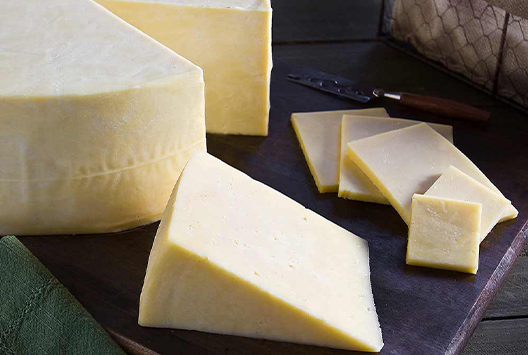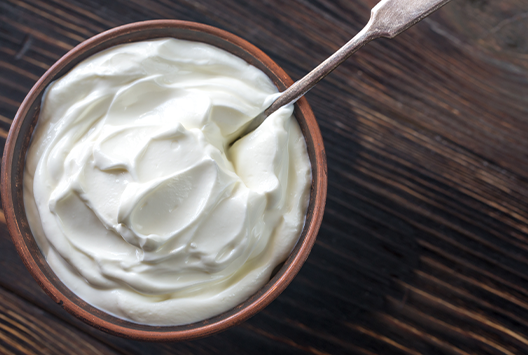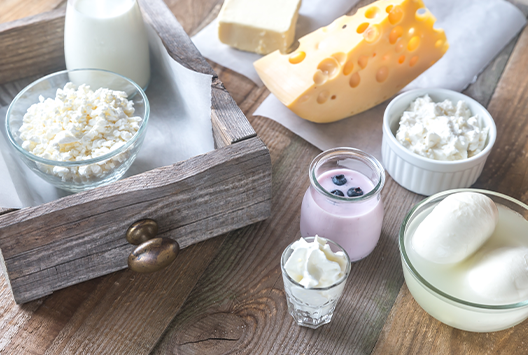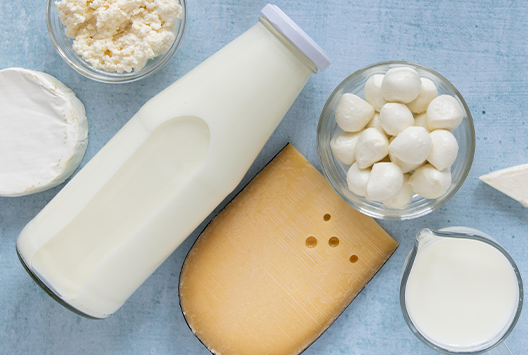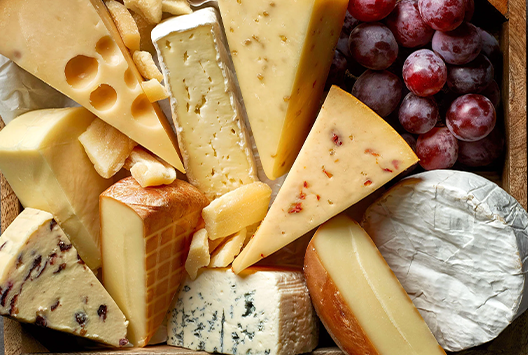
2 Overlooked Tricks on How to Properly Store Cheese
Similar
Cheese is a beloved delight enjoyed all over the world, gracing the tables of fine dining restaurants and everyday kitchens alike. Its versatility knows no limits as it brings a distinct flavor and delightful texture to all kinds of recipes. Having said that, one must not overlook the importance of storing cheese correctly to preserve its taste, texture, and aroma.
With a few simple tips and tricks, you can ensure that your cheese stays fresh and delicious for as long as possible. Read on to learn how to properly store cheese to keep it as fresh as ever.
Wrapping it
Storing cheese the right way is essential for preserving its flavor and texture. Cheese paper, waxed, or parchment paper are all great options to do just that. Wrapping cheese in these types of paper allows the cheese to “breathe,” meaning that it is protected from the elements while still allowing some air circulation. This helps keep the cheese moist and flavorful.
Cheese paper is the ideal option for soft, semi-soft, and semi-hard cheeses. Cheese paper is specifically designed to keep cheese fresh and flavorful. It is made from cotton or linen and is lightly treated with a wax or mineral oil-based substance.
Waxed or parchment paper are also suitable for storing soft (like the finest Greek feta cheese), semi-soft, and semi-hard cheeses (like Gouda). They are slightly less ideal than cheese paper, as they are not as breathable, but they still protect the cheese from the environment.
No matter which type of paper you choose, it is essential to ensure the cheese is completely covered. It helps keep the cheese from drying out and losing moisture. It is also necessary to change the paper periodically to help keep the cheese in the best condition possible.
Storing at the right temperature
Temperature is an essential factor in cheese's flavor and texture. While cold cheese can be enjoyed as a delicacy, cold temperatures may be needed to maintain the taste and texture of cheese. The best temperature for cheese is usually between 40 and 53°F.
Cheese should always be stored in an airtight container, away from direct sunlight and other heat sources. A refrigerator is an ideal environment for cheese storage, though keeping the temperature between 40°F and 53°F is necessary.
Cheese likes to be kept at a cool, steady temperature. When cheese is stored below 40°F, the fats and proteins begin to separate. It can cause the texture of the cheese to become crumbly and dry. The flavor of the cheese can also become muted and less complex.
When cheese is stored at temperatures above 53°F, it can spoil more quickly. It can cause the cheese to become slimy and the flavor to become bitter and unpleasant.
Savor cheese and store with care!
It is essential to understand the intricacies of proper cheese storage to ensure the long-term satisfaction of cheese lovers. Whether it be the finest Greek feta cheese or classic cheddar, adequate storage is key.
With the proper knowledge of the appropriate temperature, humidity, and packaging, cheese lovers can enjoy their favorite cheese for months, if not years, to come.
Now that you know how to store cheeses properly, you can confidently buy the finest cheeses out there with Baladna. Our 24,000 cows are in a comfortable and well-conditioned environment, making their cheeses one of the best in the market. Shop now!
